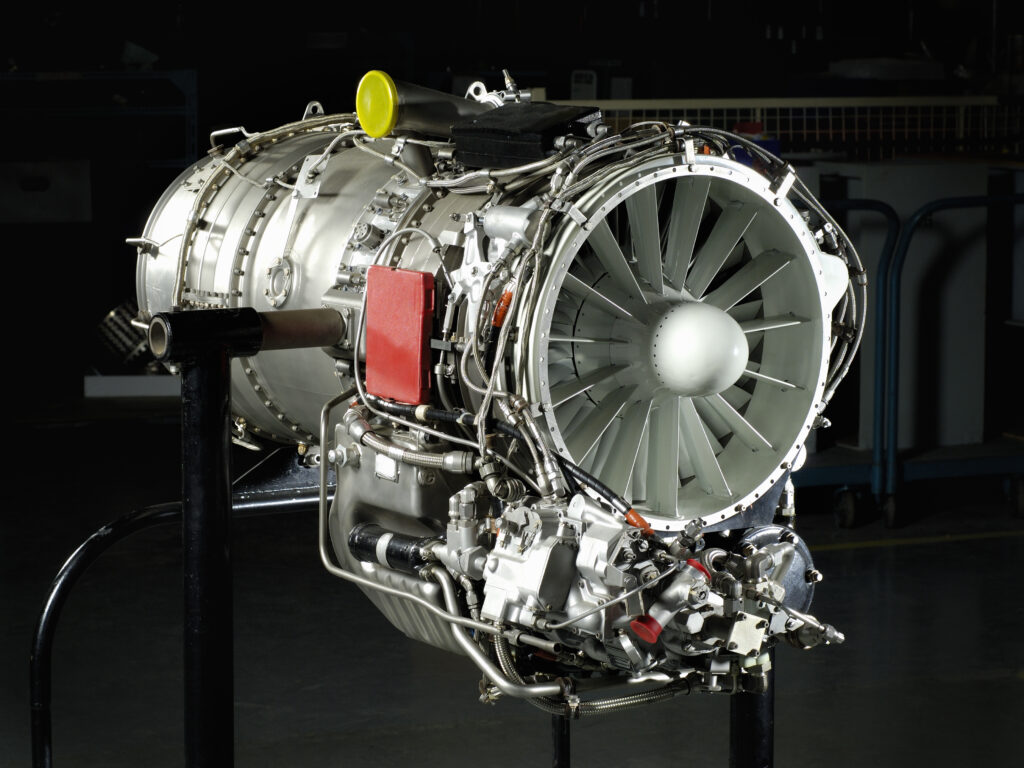Curious about how Molybdenum is applied in various industries? In this article, we delve into the different properties and applications of Molybdenum, with particular attention to the various types of alloys in which Molybdenum is used. We also explain why Molybdenum is utilized in different forms in vacuum furnaces.
What is Molybdenum?
Molybdenum is a hard, shiny silver-colored transition metal. The chemical element symbol for Molybdenum is Mo, and its atomic number is 42. Molybdenum is found in various minerals, including Ferrimolybdite, Molybdenite, Powellite, and Wulfenite. However, Molybdenum is primarily extracted from Molybdenite and as a byproduct in the extraction of Copper and Tungsten. Molybdenum is mainly mined in the United States.the United States, Canada, Chile, Peru, Mexico, Norway, and Germany. Fun fact: samples from the moon show that Molybdenum is found there as well.
Properties and Applications of Molybdenum
In its pure form, Molybdenum has one of the highest melting points of all minerals: 2623 °C, with only Tungsten and Tantalum having higher melting points. Additionally, Molybdenum is extremely strong and corrosion-resistant. This combination of properties makes Molybdenum widely used in alloys, as well as in electrodes, heating elements, and components of rocket engines and rocket technology. All in all, Molybdenum is a highly versatile metal with a wide range of applications across various industries, including aerospace, defense, electronics, and energy production.
Molybdenum Alloys
Molybdenum is an essential element in the production of many alloys. Adding Molybdenum to alloys enhances their strength, toughness, and corrosion resistance, making them suitable for a wide range of applications across various industries. In alloys, Molybdenum is combined with elements such as Tungsten, Nickel, Niobium, Zirconium, Vanadium, and Chromium.
Molybdenum TZM
Molybdenum TZM is an alloy composed of Titanium, Zirconium, and Molybdenum. The primary advantage of this alloy is its superior strength. Additionally, it features a higher recrystallization temperature, hardness, and good toughness. The characteristic properties of Molybdenum, such as its high melting point and corrosion resistance, are retained in Molybdenum TZM. This alloyMolybdenum TZM is widely used in aerospace and aviation due to its strength.

Gas turbine of an aircraft
MoLa Alloy
MoLa is an alloy composed of Molybdenum and Lanthanum. Lanthanum is a rare earth metal that is easy to shape. Unlike Molybdenum, Lanthanum oxidizes easily in air and water. Adding Lanthanum to Molybdenum improves ductility, but most importantly, it increases the recrystallization temperature. This makes MoLa resistant to higher temperatures.to endure without significant changes in its properties. This makes the alloy highly suitable for use in high-temperature environments, such as aerospace and defense.
Molybdenum in Nickel Alloys
Molybdenum is also a crucial element in the production of Nickel-based alloys, which are used in a wide range of applications, including jet engines, nuclear reactors, and chemical processing plants. The addition of Molybdenum to Nickel-based alloys enhances their strength, ductility, and corrosion resistance, making them ideal for use in harsh environments. We offer the following Molybdenum – Nickel alloys:
- Inconel 718
- Inconel 625
- Hastelloy C-276
- Hastelloy C-22
Inconel 718
Inconel 718 consists of various metals in different percentages, including Nickel, Chromium, Iron, and Molybdenum. The Nickel content in Inconel 718 provides the alloy with its high strength and corrosion resistance, while the chromium enhances its oxidation resistance. The addition of molybdenum improves the alloy’s strength at high temperatures and its resistance to pitting and crevice corrosion. Inconel 625 performs better at higher temperatures than Inconel 718. However, Inconel 718 has higher strength.
Inconel 625
Compared to Inconel 718, Inconel 625 has a higher concentration of Nickel, Chromium, and Molybdenum. Due to the compositionthe corrosion resistance of Inconel 625 is significantly higher, making it highly suitable for use in corrosive environments such as maritime and offshore applications.
Hastelloy C-276
After Nickel and Chromium, Molybdenum is the metal with the highest concentration in Hastelloy C-276. This alloy is highly resistant to corrosion in both oxidizing and reducing environments, and this property is not compromised by extremely high temperatures. Additionally, the thermal stability of the alloy is very robust. Due to this combination of properties, the alloy is frequently used in chemical industrial processes.
Hastelloy C-22
Hastelloy C-22 contains slightly less Molybdenum than Hastelloy C-276. Nickel already provides excellent corrosion resistance, and the addition of Chromium and Molybdimproves resistance to localized corrosion, such as pitting and crevice corrosion. Hastelloy C-22 is frequently used in chemical processes, such as those in the pharmaceutical industry.
Molybdenum in Vacuum Ovens
A very specific application of Molybdenum is its use in vacuum ovens. Vacuum ovens are industrial ovens where the atmosphere is controlled by the vacuum. Various processing operations are carried out in these ovens, where the combination of temperature and active substances in the vacuum determines the atmosphere and the outcome of the treatment. Molybdenum is used in various compositions in the heating elements and beams of these ovens because the material is highly corrosion-resistant at very high temperatures. This combination of properties is essentialapplied in vacuum ovens because the various treatments are performed at extremely high temperatures, and the sterile, controlled atmosphere is crucial for a successful process. Materials in the oven must not be compromised by temperature and gases under any circumstances, as these could jeopardize the treatment. Curious about the benefits of partnering with Metel? Our team is eager to tell you all about our program or approach and gladly shares examples of successful collaborations with clients in your specific market. Schedule an appointment via 0416 – 724 800 or email n.kesteloo@metel.nl.
 +31 (0) 416 724 800
+31 (0) 416 724 800 info@metel.nl
info@metel.nl